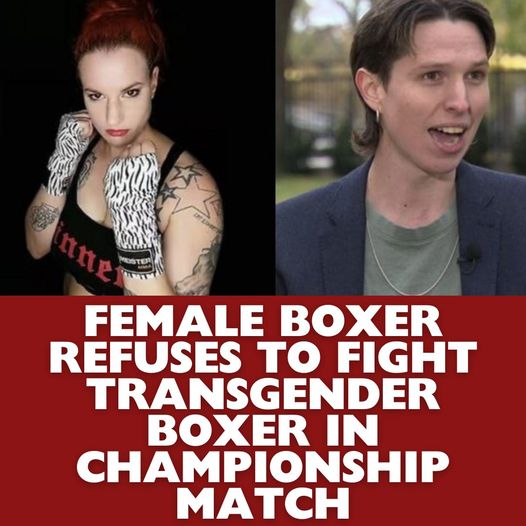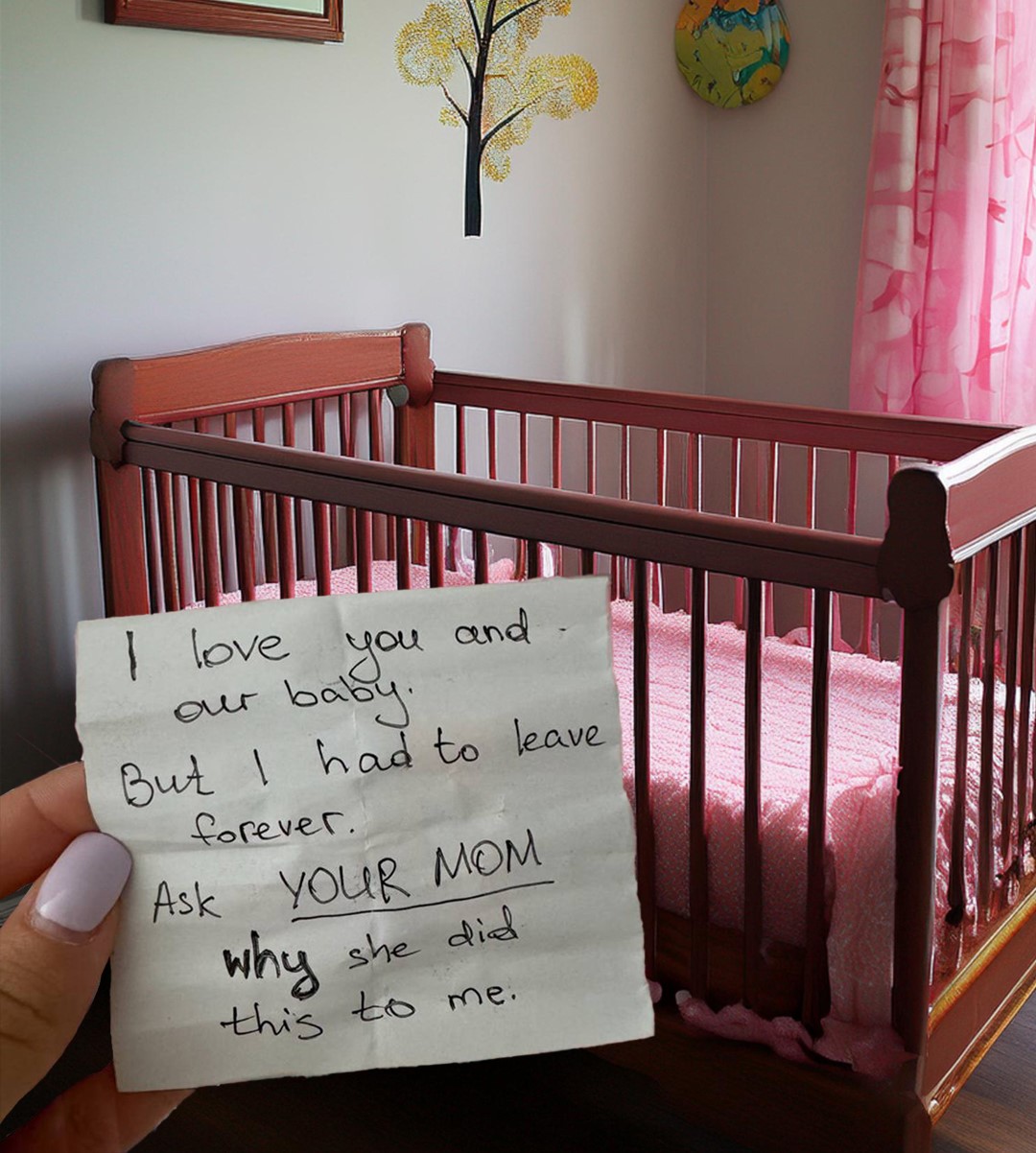
The 2023 Provincial Golden Glove Championship in Quebec, Canada, recently made headlines when Canadian female boxer Katia Bissonnette withdrew from a championship match against a transgender opponent. This decision sparked a debate about the inclusion of transgender athletes in sports and raised questions about safety, identity, and fairness.
Katia Bissonnette’s withdrawal from the match came as a last-minute surprise to both the boxing community and the public. She had been preparing for the championship and was all set to compete when she learned that her opponent would be Mya Walmsley, a transgender athlete who had not previously fought as a woman. This revelation led Bissonnette to reconsider her participation in the match.
In an interview with Reduxx, Bissonnette explained the sequence of events that led to her withdrawal. She mentioned that her coach received information via text message that Mya Walmsley was not assigned female at birth. This information, though limited, raised concerns for Bissonnette and her team, as they were unsure about Walmsley’s competitive background and transition history.
Mya Walmsley, originally from Australia, had moved to Canada to attend Concordia University in Montreal. Bissonnette pointed out that Walmsley would have competed as a man in Australia, and his Quebec boxing record showed no fights as a woman. This lack of competitive history as a female boxer in Quebec added to the uncertainty surrounding the match.
After withdrawing from the competition, Katia Bissonnette faced criticism from Mya Walmsley, who accused her of not addressing her concerns directly with him or his coach. Walmsley expressed disappointment that Bissonnette chose to involve the media rather than seeking more information from the relevant authorities or engaging in a conversation with the athletes involved. He argued that such actions put athletes at risk of exclusion and personal attacks based on hearsay.


















